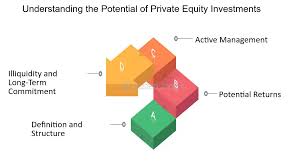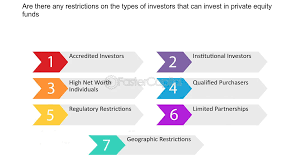Private equity investment managers with long term commitment
Private equity firms buy companies and repackage them to improve performance. If successful, these investors sell or take them public for substantial

returns; otherwise, failure can mean bankruptcies of businesses and possible injuries to workers – this being the worst-case scenario; but success stories do exist as well.
At its core, a firm’s ability to craft an engaging equity story hinges on its planning process. An explanation of how value will be created can serve as an effective marketing tool when seeking investments from external parties.
Evidence-based narratives can also give private equity investors a competitive edge in the industry. From potential cost-cutting initiatives and pilot programs that demonstrate value creation capabilities of assets to providing competitive advantages through good planning processes – good planning helps investors outshone competitors.
Making these narratives requires careful strategy and an in-depth knowledge of market dynamics, which is best achieved through conducting a readiness scan 18 months prior to anticipated exit, including mapping key components of an equity story including critical success factors.
Establishing relationships with prospective investors in the private equity space is vital. Utilizing sophisticated digital tools and inbound marketing tactics, private equity firms can foster trusting relationships through carefully crafted content to foster professional relationships with prospective investors.
Private equity investment managers with long-term commitment and no fear of taking on difficult challenges have an edge when selecting businesses to invest in. Snowflake, an iconic cloud data company that went public in 2020, stands out as an example of such an approach, thanks to visionary founders who created solutions with wide appeal across industries; their leadership team was highly qualified with commitment to excellence which gave investors confidence.
Private equity industry players recognize there may be bad actors within it; they maintain that its goal is not to cause damage to companies it buys and their workers. Yet researchers have revealed that approximately 20 percent of public companies that go private through leveraged buyouts end up going bankrupt within 10 years; only 2 percent for control group.
And when businesses don’t prosper, the results can have disastrous repercussions for workers – and by extension, for their communities of service. When private-equity-backed Local TV purchased several local news outlets in 2018, some employees protested the merger’s impact on their pay and benefits, leading them to walk off the job in protest of it.








